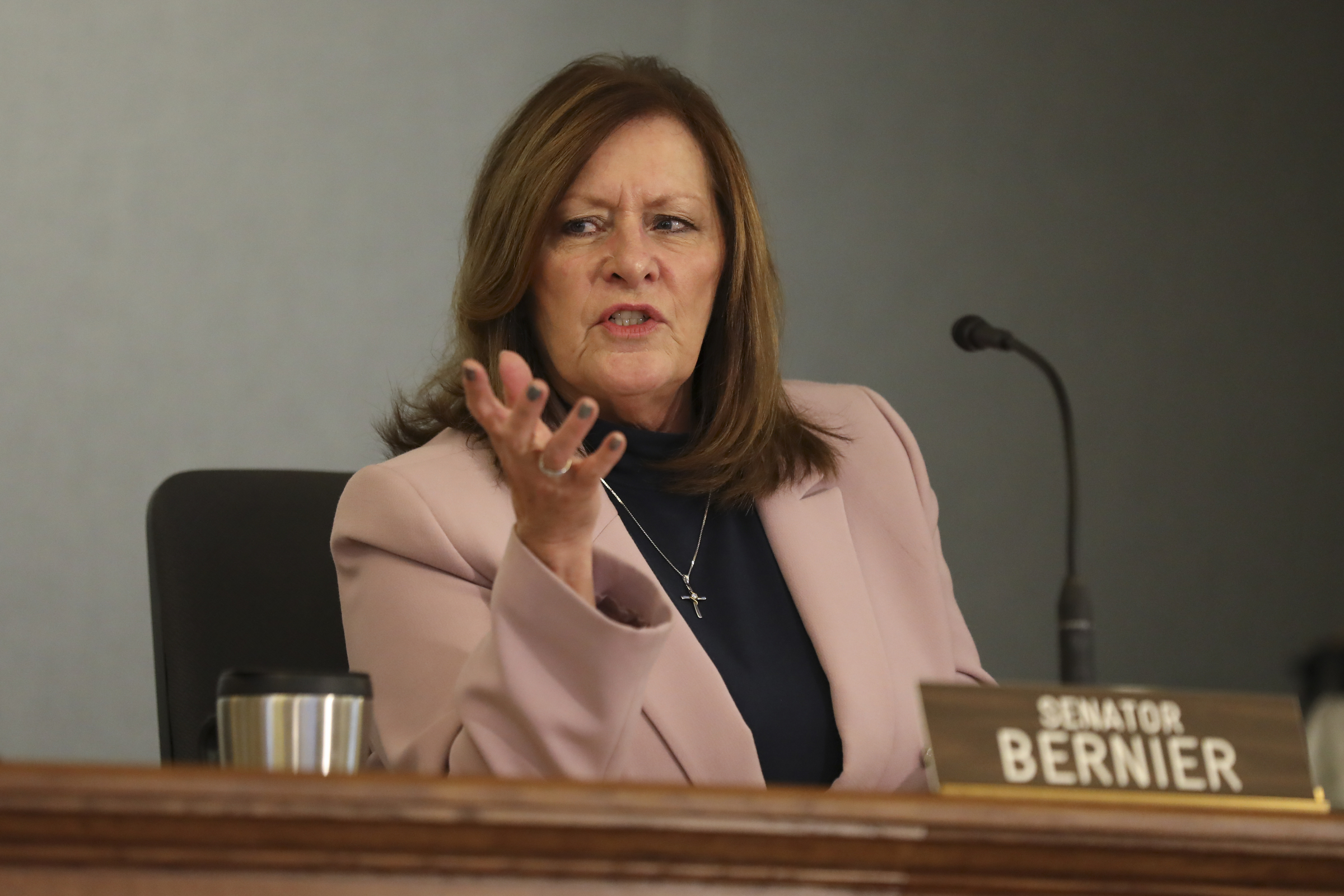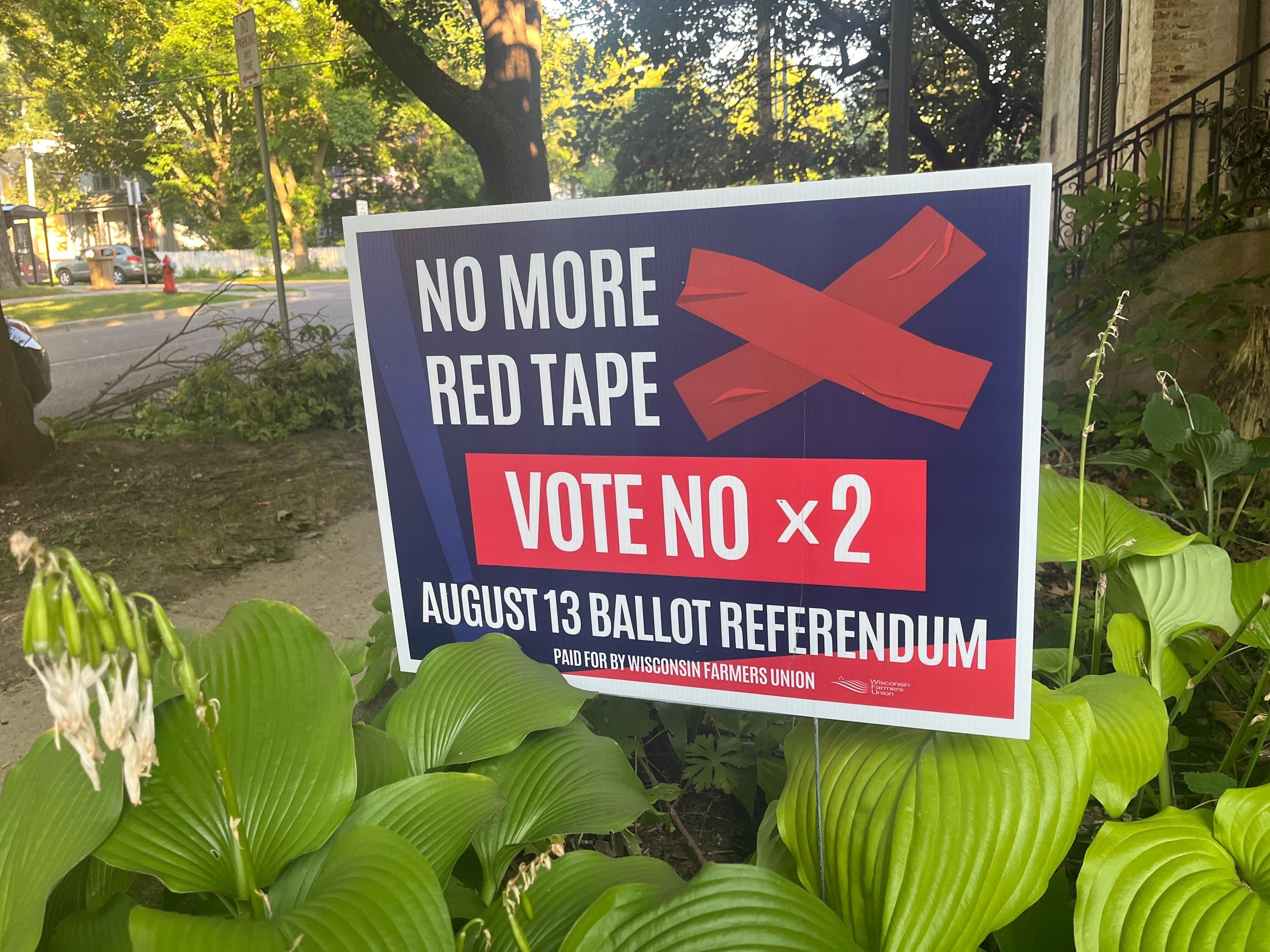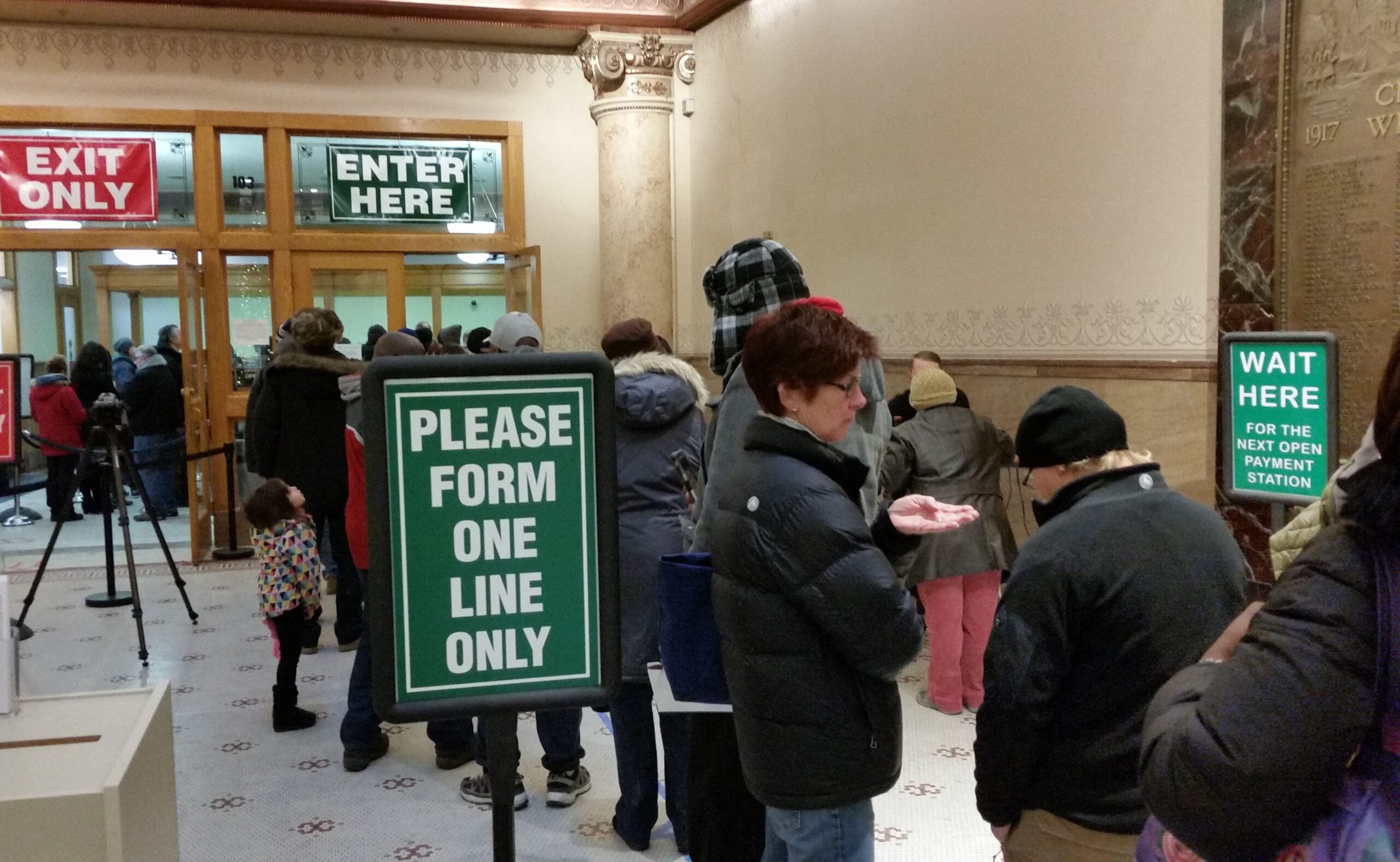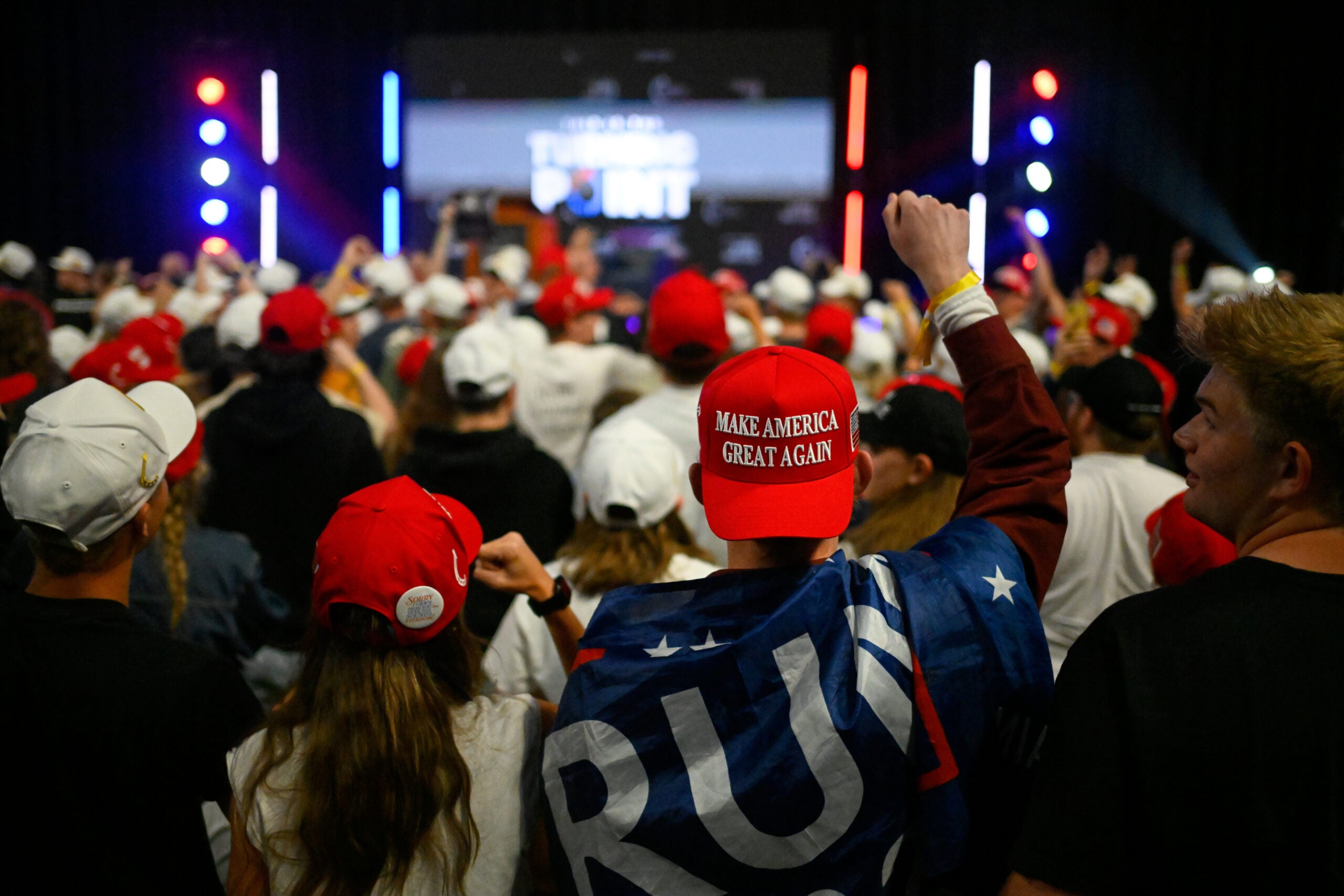A national bipartisan group dedicated to improving trust in elections has launched in Wisconsin.
Keep Our Republic aims to “shine a light on the election system,” said Kathy Bernier, a former Republican state senator who will direct the Wisconsin chapter.
“We’ve been the hotbed of misinformation in regard to how elections are run, where the safeguards are, where they’re not,” Bernier told Wisconsin Public Radio.
News with a little more humanity
WPR’s “Wisconsin Today” newsletter keeps you connected to the state you love without feeling overwhelmed. No paywall. No agenda. No corporate filter.
She said the group will work to educate voters about how voting in Wisconsin works, and what makes the process secure and trustworthy.
The Wisconsin chapter’s advisory council is composed of Democratic and Republican politicians, including former Lt. Gov. Barbara Lawton, a Democrat, and former Gov. Tommy Thompson, a Republican.
The national group is chaired by Tim Wirth, a former Republican congressional representative from Colorado, and Dick Gephardt, a former Democratic congressional representative from Missouri. The group formed in the aftermath of the 2020 election, when rampant and unsubstantiated claims of election fraud led to a deadly riot at the U.S. Capitol on Jan. 6, 2021.
In Wisconsin, that mistrust led to an investigation launched by the Republican-led state Assembly that turned up no evidence of widespread fraud, and racked up a hefty price tag. Assembly Speaker Robin Vos, R-Rochester, who hired former Supreme Court Justice Michael Gableman to lead investigation, later denounced Gableman as an embarrassment.
Bernier served in the state Legislature for 12 years, including a stint as chair of the Senate elections committee. A former county clerk and election official in Chippewa County, she departed the Legislature last year after becoming an outspoken critic of the Assembly investigation, although she said her retirement was unrelated.
Multiple audits of Wisconsin’s 2020 election, including by the conservative group Wisconsin Institute for Law and Liberty and another by the nonpartisan Legislative Audit Bureau, found that instances of fraud and other anomalies were not significant, Bernier said. She said Keep Our Republic will seek to preempt mistrust in and falsehoods about elections, leading up to the 2024 presidential race.
Keep Our Republic also operates chapters in Michigan and Pennsylvania, two battleground states that also saw significant disputes over their election outcomes in 2020.
A majority of Wisconsinites said they were confident in the state’s election system going into last fall’s midterm elections, according to a poll conducted last October by Marquette University Law School. That poll found that 77 percent of registered voters “very” or “somewhat” confident that votes would be accurately cast and counted on Election Day, with higher numbers from Democrats and lower numbers from Republicans.
The state’s election commissioners — three Republicans and three Democrats — proposed creating an inspector general for elections in the upcoming state budget. Gov. Tony Evers included the provision in his budget, but it was removed from consideration in by the GOP-led budget-writing committee in early May.
Meanwhile, a legislative committee is due to take testimony on a slate of election-related bills on Tuesday.
These would require a military voter to provide identification when applying for an absentee ballot, require municipalities to establish their polling places at least 30 days before an election, require the state election commission to reimburse municipalities for some costs during some special elections and require communities that broadcast election canvasses to retain a recording of that broadcast for 22 months.
Wisconsin Public Radio, © Copyright 2026, Board of Regents of the University of Wisconsin System and Wisconsin Educational Communications Board.





